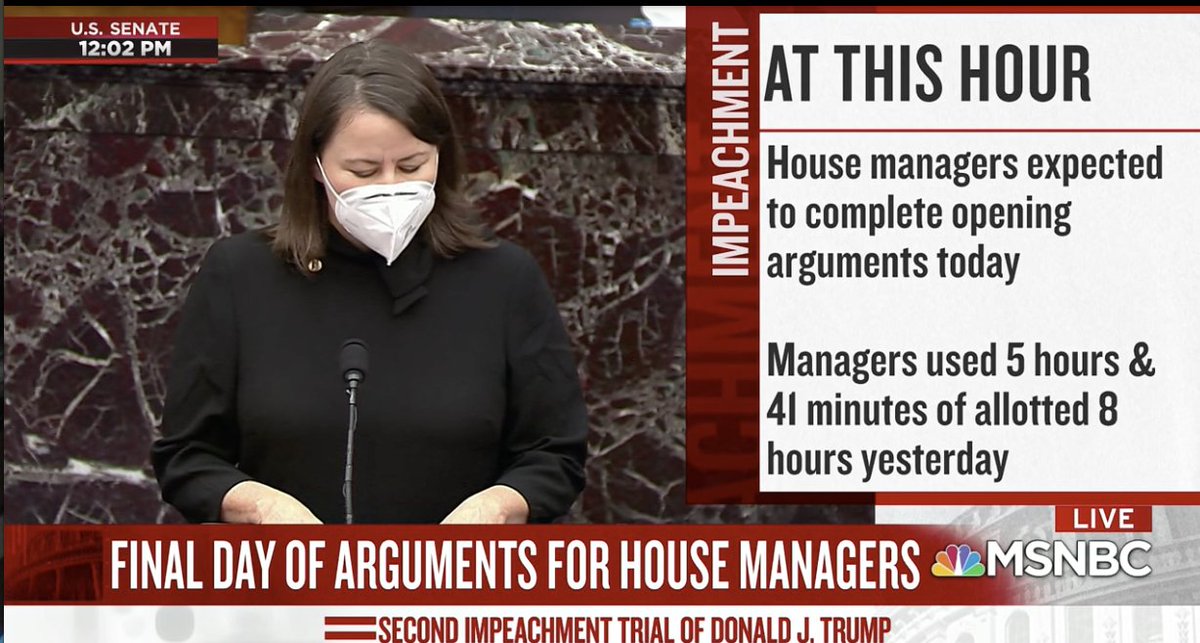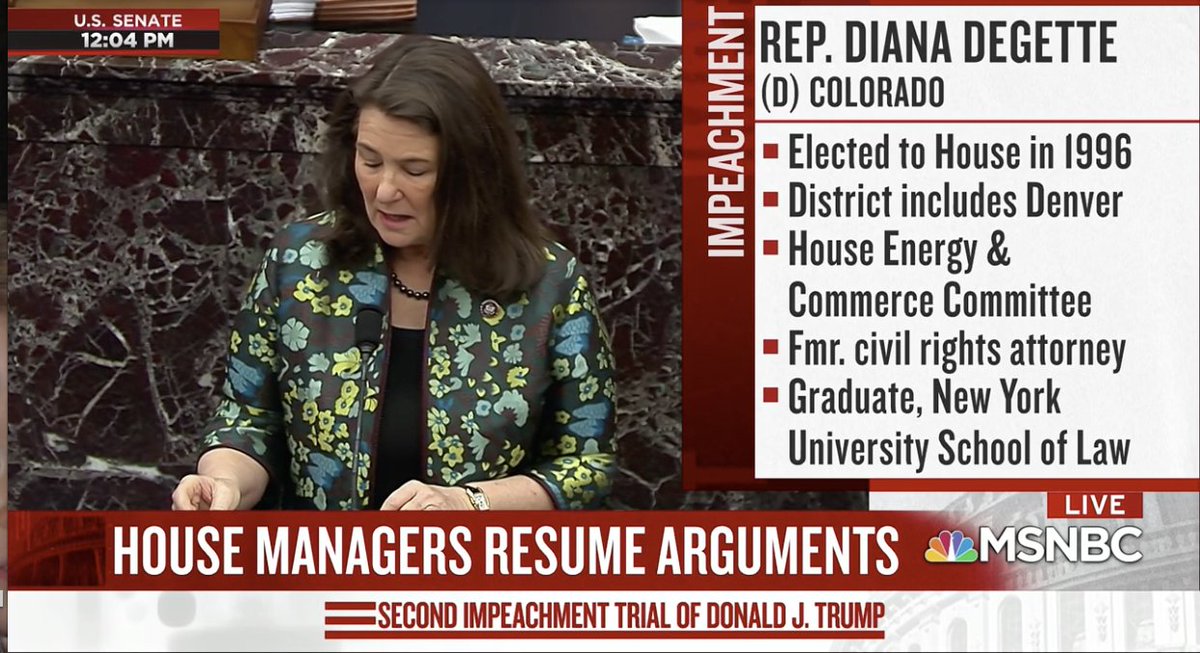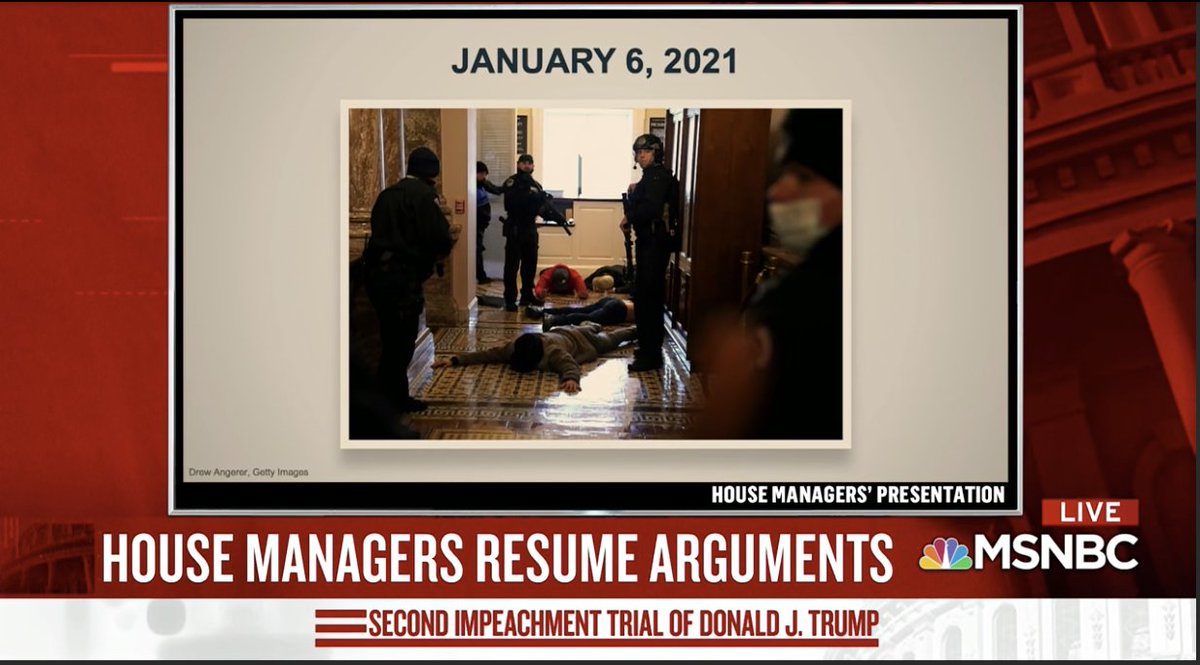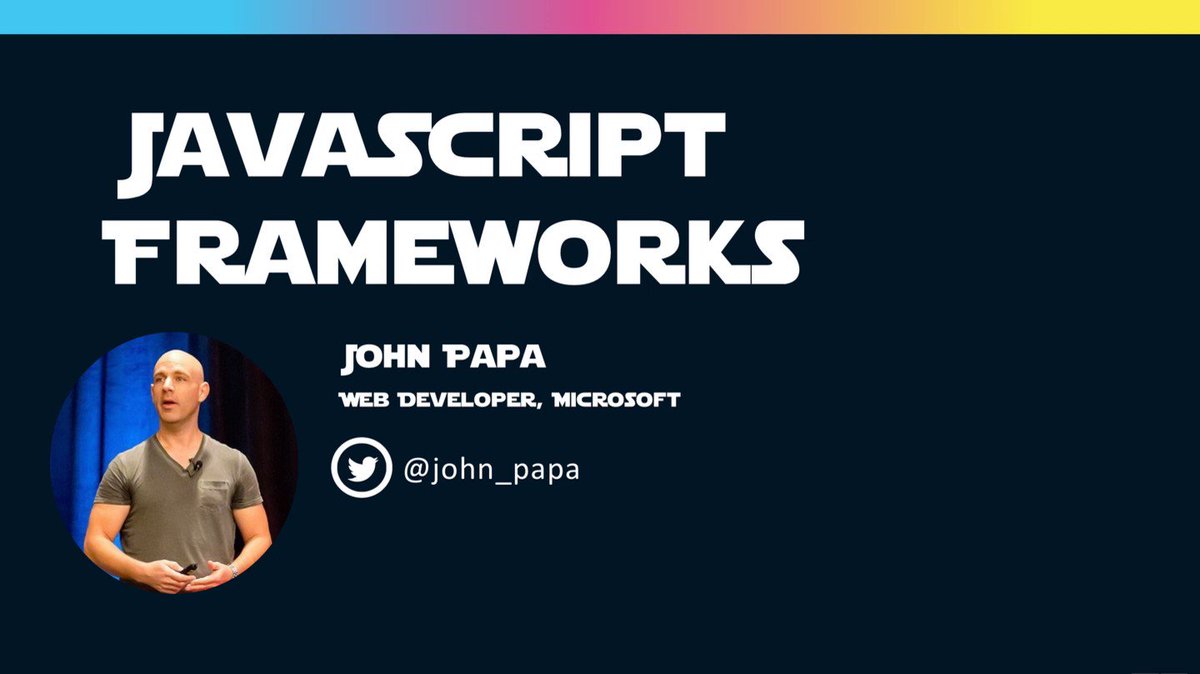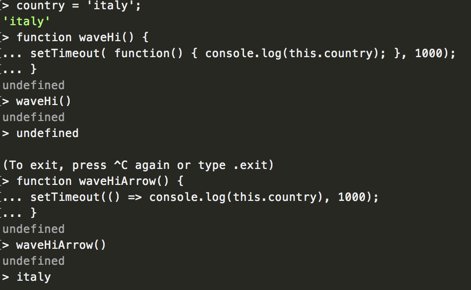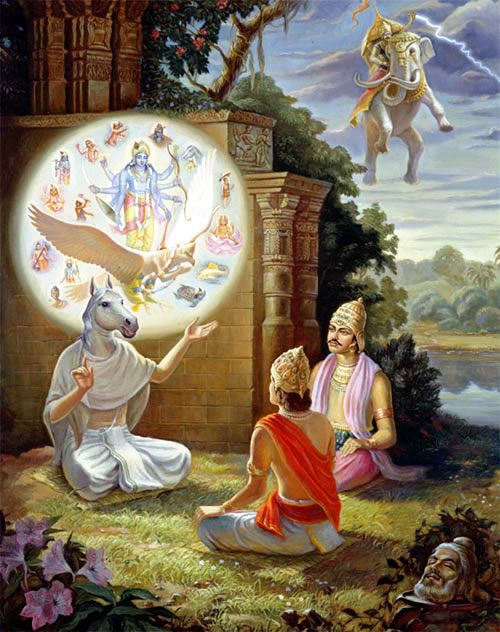So, scenario 1: He's really sick. In this scenario, we have a really sick fool who didn't wear a mask and who infected basically an entire garden party.
Let's discuss all of this and take potential arguments and put them out there, and then, for a second, discuss how bad it is that we have to do this.
Someone here, and I cannot find your post, so that's on me; come claim your genius prize, called Trump "Schrodinger's President"
So, scenario 1: He's really sick. In this scenario, we have a really sick fool who didn't wear a mask and who infected basically an entire garden party.
More from Trump
If you incite violence on Twitter, the company can - and should - stop you. Good call.
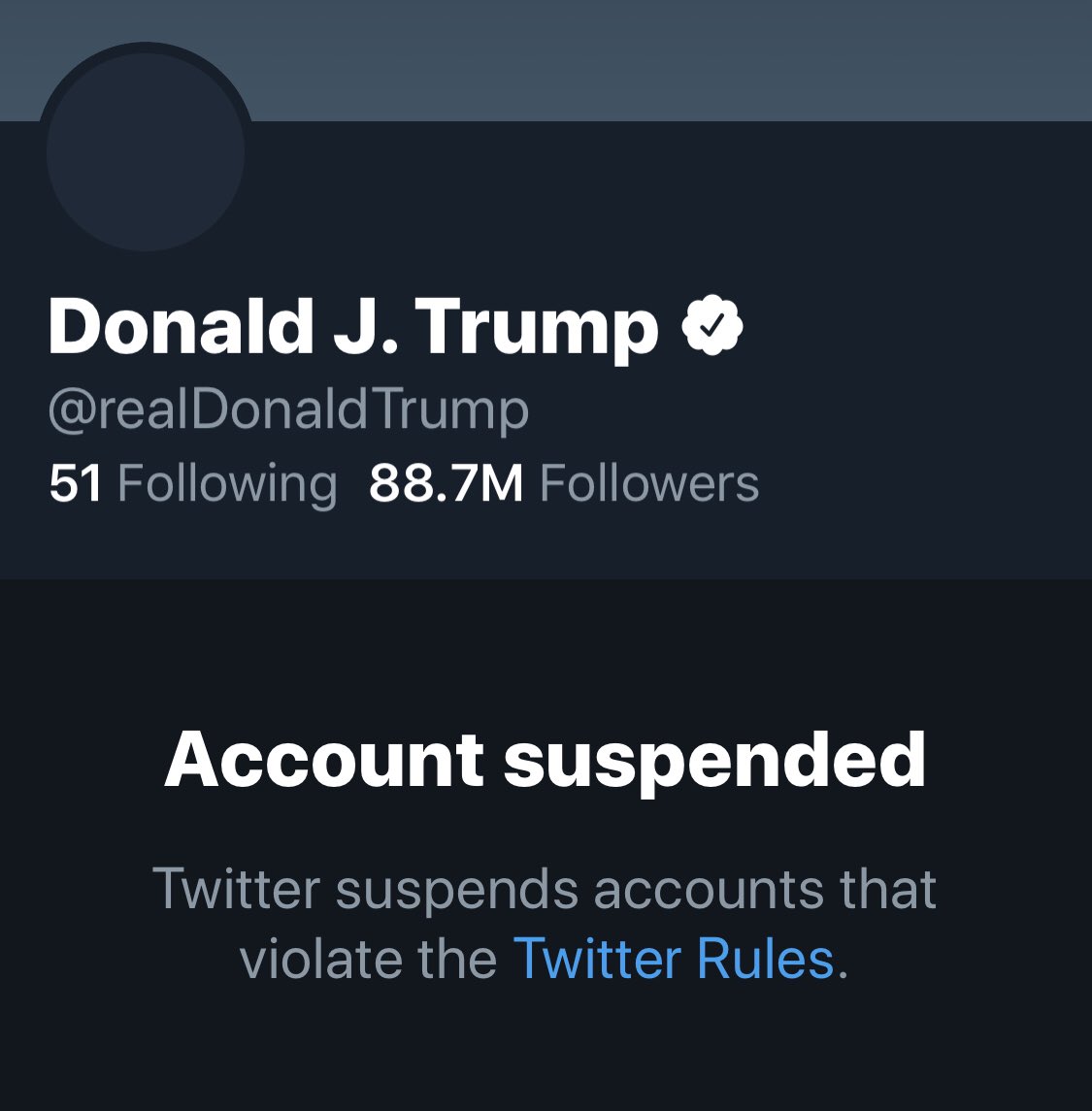
Plans for “future armed protests” are spreading on Twitter and elsewhere, the company warned, “including a proposed secondary attack on the US Capitol and state capitol buildings on January 17, 2021”.
Yes, people who boosted their careers off of Trump - his sycophants, his kids & people like Haley, who helped him attack and undermine human rights around the world - are boo-hooing right now.
Always beware of powerful people pretending to be victims.
https://t.co/0A5D5eJFvL
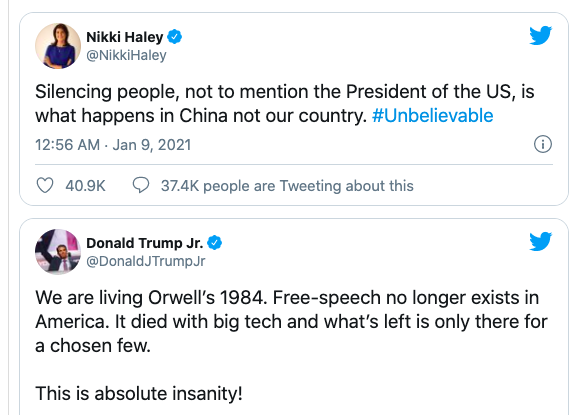
But no one should react with glee. The president of the United States has been inciting violence, and Republican Party leaders, along with a willing, violent mob, have been aiding his attempts to overthrow the democratic process.
That's the real story here.
The dangers are real, and we've all seen them. That Twitter even had to contemplate banning any politician for inciting violence is awful. That they had to ban the sitting president for it is even worse.
You know … Lindsey … I want you to think about something
F$&kin\u2019 dare yah, dare yah (dammit, already thought of one) to find a time in history when the following has been more true. \u201cNever doubt that a small group of thoughtful, committed citizens can change the world; indeed, it's the only thing that ever has.\u201d - Margaret Mead
— Moondeer (@kelleydawg) February 15, 2021
Now if a small group can change the country, what do you want to f$&kin’ bet that ONE MF can change this country?
Oh thank Christ! I was worried you might go the other way and that would totally f$&k up everything I had left to say.
‘Cause Lindsey, I have learned something this week. We are all familiar with the phrase:

You May Also Like
Like company moats, your personal moat should be a competitive advantage that is not only durable—it should also compound over time.
Characteristics of a personal moat below:
I'm increasingly interested in the idea of "personal moats" in the context of careers.
— Erik Torenberg (@eriktorenberg) November 22, 2018
Moats should be:
- Hard to learn and hard to do (but perhaps easier for you)
- Skills that are rare and valuable
- Legible
- Compounding over time
- Unique to your own talents & interests https://t.co/bB3k1YcH5b
2/ Like a company moat, you want to build career capital while you sleep.
As Andrew Chen noted:
People talk about \u201cpassive income\u201d a lot but not about \u201cpassive social capital\u201d or \u201cpassive networking\u201d or \u201cpassive knowledge gaining\u201d but that\u2019s what you can architect if you have a thing and it grows over time without intensive constant effort to sustain it
— Andrew Chen (@andrewchen) November 22, 2018
3/ You don’t want to build a competitive advantage that is fleeting or that will get commoditized
Things that might get commoditized over time (some longer than
Things that look like moats but likely aren\u2019t or may fade:
— Erik Torenberg (@eriktorenberg) November 22, 2018
- Proprietary networks
- Being something other than one of the best at any tournament style-game
- Many "awards"
- Twitter followers or general reach without "respect"
- Anything that depends on information asymmetry https://t.co/abjxesVIh9
4/ Before the arrival of recorded music, what used to be scarce was the actual music itself — required an in-person artist.
After recorded music, the music itself became abundant and what became scarce was curation, distribution, and self space.
5/ Similarly, in careers, what used to be (more) scarce were things like ideas, money, and exclusive relationships.
In the internet economy, what has become scarce are things like specific knowledge, rare & valuable skills, and great reputations.






